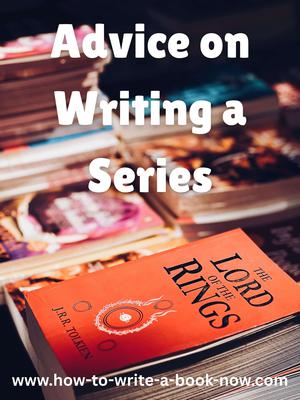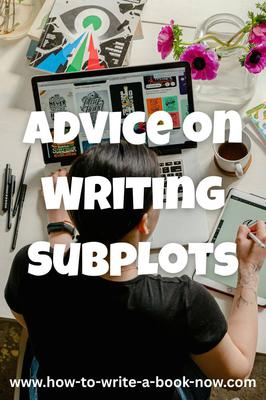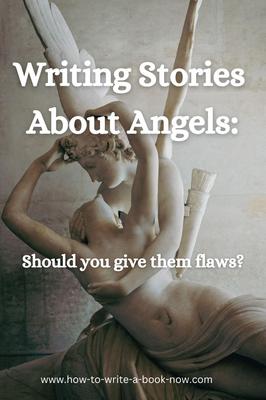Pros and Cons of first and third person
by Marissa
Question: I have a question about the pros and cons of first person narration. I am pretty much 100% sure that my book is going to be in first person because it seems to work the best that way and I'm not exactly sure how to write in third person. Pretty much all the books I read are in first person the only books that haven't been are The Mortal Instruments series and I haven't started reading that yet but I'm about to. So I want to know what are the pros and cons of writing in first person and what are the pros and cons to writing in third person?
Answer: You mean you haven't read Harry Potter? Just kidding, but it's a good example of third person, limited narration.
I also see a lot of first person YA novels these days. Here are the pros and cons as I see them:
First Person Pros:
1. Greater intimacy between the reader and the main character. In past tense, it's as though the main character is speaking directly to the reader and the reader is his/her confidant. In present tense, it's like being in the main character's head as the events are happening.
2. You can have an unreliable narrator. The main character can misinterpret events, lie, mislead, or spin the reader.
First Person Cons:
1. Story is limited to what the main character knows or perceives. There may be things the main character does not know.
2.Dramatic irony (where the reader finds out something the main character does not) is only possible if there is more than one point-of-view character.
3. The
Third Person Pros:
1. In omniscient mode, the narrator is all knowing and can move to anywhere in the story world. The narrator can also tell the reader things the main character doesn't know, creating dramatic irony.
2. Provides a broad perspective on the story, which is useful for epics involving many plotlines.
3. You cannot be sure if the main character will survive the story.
Third Person Cons:
1. Far less intimacy between reader and main character. The reader feels as though he is looking at characters rather than being a character.
2. Narrator is reliable (this could also be seen as a pro).
Of course, there is also ...
Third Person, Limited narration. This offers a compromise between the other two. It is in third person, like omniscient, but is limited to one character's point of view. The reader only knows what the main character thinks, feels, and perceives.
Advantages:
1. More intimate than omniscient, though less than first person.
2. You cannot know if the main character will survive the story.
Disadvantages:
1. Less intimate than first person.
2. You can't create dramatic irony as easily as with omniscient.
3. Limited to only what the main character perceives.
4. Narrator is generally reliable.
You may want to try writing a little in each mode before making your choice. It's not always easy to know which is the right one for your story until you do.
Comments for Pros and Cons of first and third person
|
||
|
||
|
||
|
||
|
||
|
||
|
||
|
||
|
||
|
||
|
||
|
||
|
||
|
||
|
||
|
||
|
||
|
||
|
||
|
||
|
||
|
||
- Home
- Character Questions
- Pros and Cons of first and third person

















